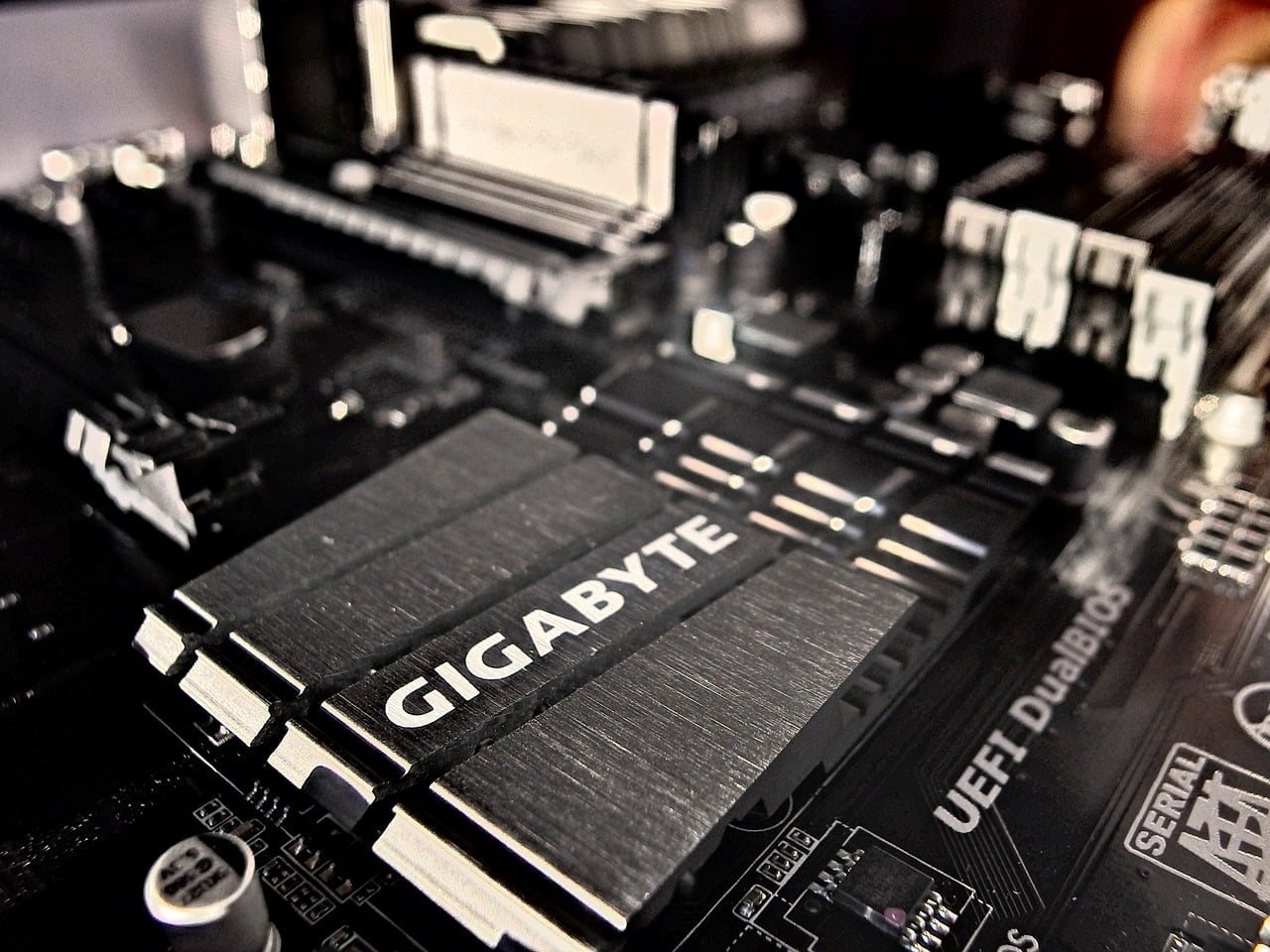At the IFA event in Berlin, Intel unveiled new additions to its 8th Generation Core family of CPUs – the U-series and Y-series parts, code-named Whiskey Lake and Amber Lake, respectively. These Intel 8th-gen CPUs are primarily meant for lightweight laptops, making them fit for the rumored MacBook and MacBook Air, provided Apple plans to go ahead with them.
New Intel CPUs apt for MacBook
Apple’s existing MacBook and MacBook Air have long been rumored to be updated with new specs. And, the timing of Intel’s new CPUs seems perfect for Apple to add these new CPUs into the new MacBook and MacBook Air. Intel’s latest chips are seen as a successor to the chips that were used by Apple in its 12-inch MacBook.
Intel’s new 8th-gen CPUs promises an improvement in the speed on all fronts, for instance, the USB 3.1 Gen 2 for better transfer speeds. Further, the integration of the Gigabit WiFi would lead to 12-times quicker networking speeds. The new Intel 8th-gen CPUs also promise up to 16 hours of battery life. Additionally, Intel’s Y-Series chips offer improvement in both WiFi and LTE transfer speed capabilities, an important consideration for any notebook computer.
“Now with Gigabit Wi-Fi, we’ve enabled faster PC connectivity, added more intuitive voice experiences and enabled longer battery life needed for the next wave of mobile computing,” said Chris Walker, vice president of the Client Computing Group and general manager of Intel Mobile Client Platform.
Apart from the new iPhones, Apple is expected to come up with new notebooks later this year. Possibly the company will hold a separate event for unveiling new MacBooks. Additionally, others of Intel’s hardware partners are also expected to come up with devices based on new Intel 8th-gen CPUs.
New Intel 8th-gen CPUs – what to expect?
Talking of the new Intel 8th-gen CPUs, three new CPUs are added in the U-series running at 15 W. The i-8265U has a base clock speed of 1.6 GHz and a maximum frequency of 3.9 GHz; the i7-8565U runs at 1.8 GHz with a maximum frequency of 4.6 GHz. Unlike the i3-8145U, both are quad-core designs. The i3-8145U, on the other hand, runs at 2.1 GHz and a max frequency of 3.9 GHz.
Intel’s Y-series is primarily meant for lower power usage, having a TDP of 5 W. All three new Y-series processors are dual-core designs – m3-8100Y has a base clock speed of 1.1 GHz and a max frequency of 3.4 GHz; the i5-8200Y runs at 1.3 GHz with 3.9 GHz; and the i7-8500Y with 1.5 GHz (base) and 4.2 GHz (max).
Apart from the speed and feed, other new features have been added to the CPUs. Worth mentioning is the Gigabit Wi-Fi (Wireless-AC 160 MHz). With the new feature, OEMs will now not have to integrate separate modules. The chipmaker claims that this new feature would allow download at 12 times the speed of current wireless networks, provided the network infrastructure is good.
Further, Intel claims that the low-power design of its chips would lead to noticeable improvement in the battery life. The company claims that it has measured “up to 16 hours battery life” on the reference systems, with some stretching up to 19 hours after enabling power-saving configurations. It is unlikely that everyday users will witness such battery life, but one can expect to work a full day without needing a charger.
An interesting addition to both new Intel 8th-gen CPUs is an audio circuitry with “wake on voice” capabilities. The chipmaker says it will help OEM to integrate the feature with Amazon’s Alexa and Microsoft’s Cortana. Further, the U-series CPUs will also support Dolby Atmos audio and Dolby Vision HDR.
New Intel 8th-gen CPUs – how it helps you?
According to Intel, a significant number of the PC users are still using more than five year old PCs. For such users, the chipmaker says that its latest 8th-gen CPUs would double the performance of such systems. Such an improvement in the performance, according to Intel, would help users download shows and movies in less than a minute, and create, edit and share 4K/360 video content 6.5 times faster.
“They also offer up to 2-times better performance, compared with a 5-year-old PC, and double-digit gains in office productivity for everyday web browsing and light content creation over the previous generation,” the chipmaker says.
Intel informs that the laptops and 2-in-1 devices featuring its new CPUs will hit the market before the end of this year.





